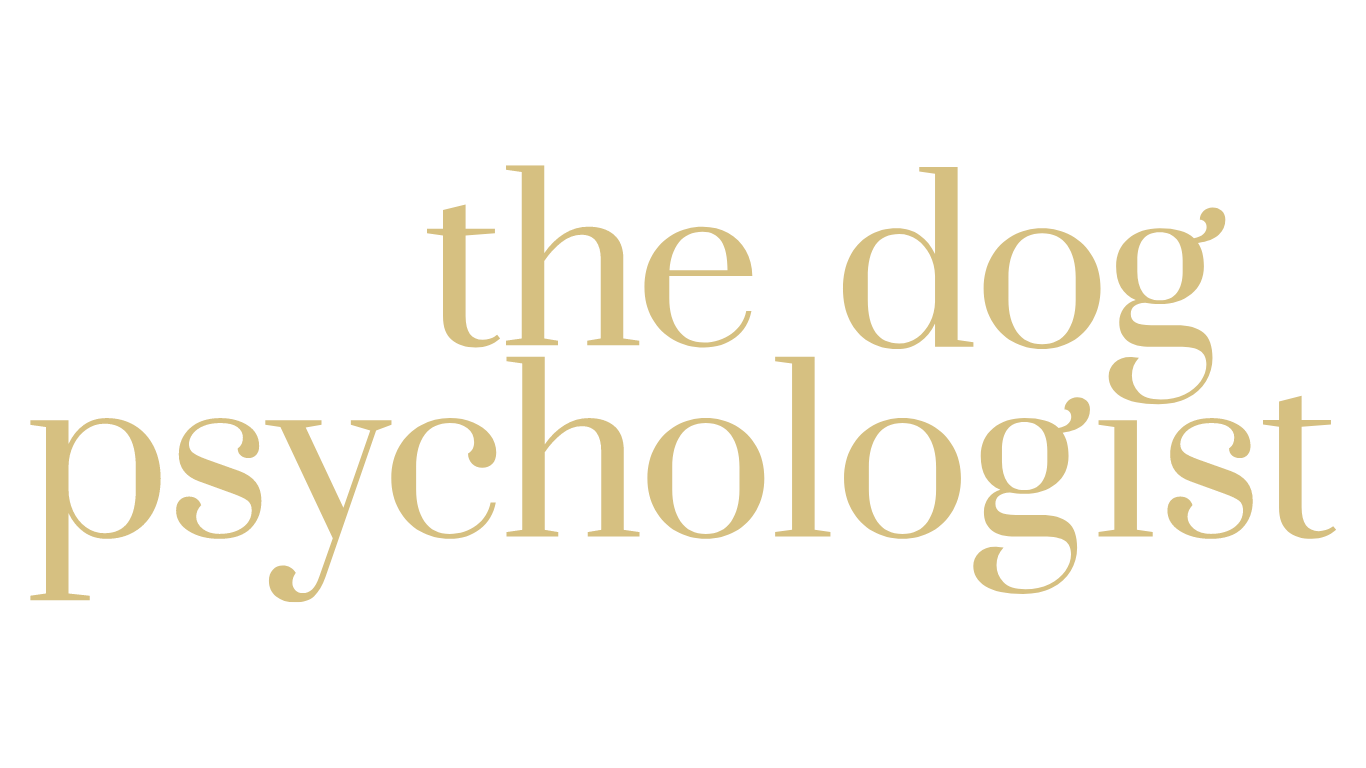
About
The Dog Psychologist
I’m Hannah Birrell -
The Dog Psychologist
At 2 yrs old I sat on the floor surrounded by a litter of puppies in my neighbours’ house.
I was the little girl who knew she was going to work with dogs from the day she was born.
By 10 years old, I was volunteering at the local dog boarding kennel. Feeding, cleaning, training, every spare minute.
I was obsessed.
Specialist knowledge
I graduated from Sussex University with a degree in Psychology. Yes, the human kind. But my plan all along was to work with dogs.
At that time there were only two routes in to specialist animal behaviour. Either veterinary studies, or psychology. Well, I am horribly squeamish, and there was no way I could go the veterinary route. So, psychology it was.
It turns out that was actually a great decision. It means I can help you co-create a great relationship with your dog. And I can give you strategies to help keep your training on track.
Coupled with my post-graduate diploma in Clinical Animal Behaviour from Edinburgh Veterinary College, I can better help you, to help your dog.
Wondering if it’s all your fault?
Thinking that you maybe did something wrong?
You can leave your guilt at the door. It’s not your fault.
Most of my clients come to me after seeing several other trainers, and that tells us something. This is more than a simple training issue.
My consultations combine knowledge of mind, body and soul. A blend of academic expertise, years of practical experience, and a huge dollop of empathy.
I understand both ends of the lead. And I can help you to do the same.
We’re going to work this out together.
Effective methods: tried and tested
The first dog of my very own was a Newfoundland x Leonberger, called Oliver. Anyone familiar with these breeds will know that they are classed as ‘Giant’. Yep, the skinny 17yr old that I was, now owned a 60+kg dog.
So training was going to be very important. Bullying tactics, overpowering the dog and dominance type training was prevalent at that time.
Thankfully, I found a class run by the local Dogs Trust rescue centre who taught clicker training. This was an amazing learning experience for me and really set me on the pathway to teaching ethical, reward-based methods.
My teaching will always be about using the dogs natural reward systems and motivating them. The respect, mutual understanding, and desire to work with you, will follow.
I am proof that you can train even the biggest, strongest of dogs, using kind, ethical methods. Yes, even when the dog weighs more than you do!
Fast-forward 20 years and my skillset has grown. As well as a teeny toy breed puppy and a boisterous high energy teenager, I have also earned the trust of a warm, loving and yes, reactive, rescue dog. She is my greatest teacher yet.
It’s true, I am genuinely dog mad. I love them all.
An empathic approach
I know that it can be overwhelming when you’re dealing with a training issue. And I know it’s important to be supported by the person you’re working with. My favourite topic of conversation is dogs. And you can tell me everything.
I am available to support you through the highs and lows (yes, there will be both). We will work together to unpick the reasons behind your dog’s behaviour, why they do what they do, what it means and what you can do about it.
You can ask me as many questions as you can think of, and if you think of some more later, you can pop me a message any time. I will be with you through this journey. I take on a limited number of new clients each month so the people I work with have my full attention.
Wherever you and your dog are in your journey, I can help guide you through the myriad of different options, to a sound, science-backed, but most importantly effective solution.
Want to know more?
I am a member of the Pet Professional Guild, registered as a Canine Training Professional. I am a candidate member of the Fellowship of Animal Behaviour Clinicians (FABC), and a provisional member of the Association of Pet Behaviour Counsellors (APBC).
Provisional Members have demonstrated that they have the appropriate level of Knowledge and Understanding for the professional role of Clinical Animal Behaviourist (CAB). They are now gaining the practical experience necessary to be assessed as a CAB and therefore become a Full Member of the APBC. The APBC supports its Provisional Members undertaking behaviour consultations.
I cover London within the North/South Circular in-person. Outside the area, consults take place via Zoom.









